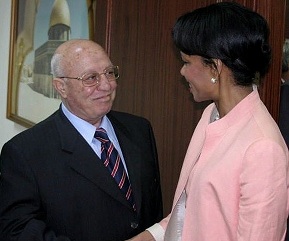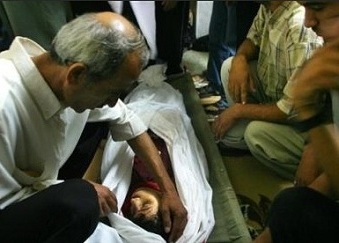Killings, Detentions and Torture in Egypt

On February 9, London Guardian writer Chris McGreal headlined, "Egypt's army 'involved in detentions and torture,' " saying:
Military forces "secretly detained hundreds and possibly thousands of suspected government opponents since mass (anti-Mubarak) protests began, (and) at least some of these detainees have been tortured, according to testimony gathered by the Guardian."
Moreover, Human Rights Watch (HRW) and other human rights organizations cited years of army involvement in disappearances and torture. Former detainees confirmed "extensive beatings and other abuses at the hands of the military in what appears to be an organized campaign of intimidation." Electric shocks, Taser guns, threatened rapes, beatings, disappearances, and killings left families grieving for loved ones.
Under Mubarak, Egypt's military wasn't neutral. It's no different now, cracking down hard to keep power and deny change, policies Washington endorses, funds and practices at home and abroad.
On February 17, even New York Times writer Liam Stack headlined, "Among Egypt's Missing, Tales of Torture and Prison," saying:
Trademark Mubarak practices continue under military rule, "human rights groups say(ing) the military's continuing role in such abuses raises new questions about its ability to midwife Egyptian democracy."
"We joined the protests to liberate the country and end the problems of the regime," said a man identified as Rabie. "After 18 days, the regime is gone but the same injustices remain." Indeed so without letup.






























